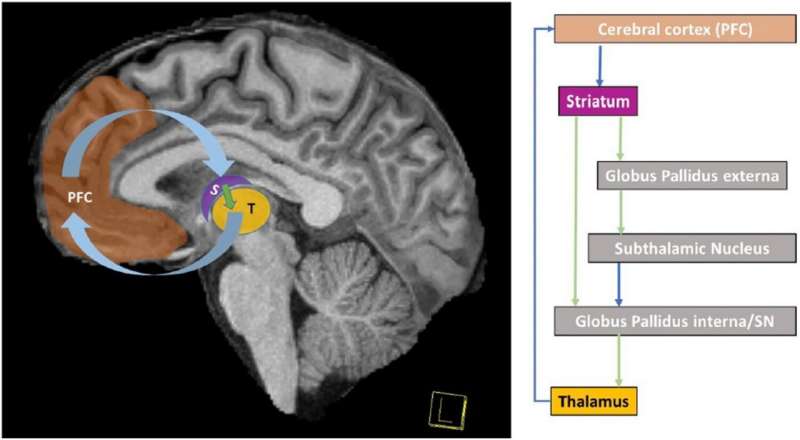This article has been reviewed according to Science X's editorial process and policies. Editors have highlighted the following attributes while ensuring the content's credibility:
fact-checked
peer-reviewed publication
proofread
Current challenges evaluated for measuring and treating fatigue in multiple sclerosis

Kessler Foundation research scientist John DeLuca, Ph.D., has published a clinical article in Journal of Neurology, shedding light on the elusive nature of fatigue in multiple sclerosis (MS) and its implications for treatment. The study provides a comprehensive review of current challenges in defining, measuring, and treating MS-related fatigue, offering new insights and directions for future research.
The article, "Fatigue in multiple sclerosis: can we measure it and can we treat it?", was published on July 5, 2024. It highlights the multidimensional nature of fatigue, emphasizing the ongoing struggle to define it accurately and measure it effectively. Dr. DeLuca identified over 250 scales used to assess fatigue but noted significant content validity issues, raising questions about their effectiveness.
"Our ability to define, measure, and treat fatigue in MS has only marginally improved despite over a century of research," said Dr. DeLuca, senior vice president for research and training at the Foundation.
"This study underscores the need for innovative approaches to better understand and address this complex symptom. It also highlights the necessity of distinguishing fatigue from other related symptoms and developing more precise measurement tools. Addressing these challenges is crucial for improving the quality of life for individuals with MS."
Fatigue affects up to 90 percent of individuals with MS, significantly impacting their daily lives. Despite its prevalence, defining fatigue remains challenging due to its subjective and multifaceted nature.
The article reviews historical and contemporary definitions of fatigue, critiques existing measurement tools for their lack of clarity and consistency, and explores the subjective nature of fatigue and its correlation with other symptoms such as depression, pain, and cognitive complaints.
Furthermore, Dr. DeLuca examines the brain's role in fatigue, proposing that disruptions in the cortico-striato-thalamo-cortical loop contribute to central fatigue.
"Advanced MRI imaging techniques have shown that central fatigue correlates with disruptions in this brain network. Recent research indicates that motivational incentives can reduce fatigue by stimulating the fronto-striatal network, suggesting new potential treatment approaches," he emphasized.
How can we treat fatigue?
The study discusses both pharmacological and non-pharmacological treatments for fatigue in MS. Pharmacological treatments, such as amantadine, modafinil, and methylphenidate, have shown limited effectiveness.
In contrast, the article also explores non-pharmacological treatments for fatigue, such as cognitive-behavioral therapy and exercise, which have shown moderate to large effects in reducing fatigue symptoms. Additionally, the potential of novel approaches involving the brain's reward system is mentioned, suggesting that motivational incentives could play a crucial role in managing fatigue in MS patients.
More information: John DeLuca, Fatigue in multiple sclerosis: can we measure it and can we treat it?, Journal of Neurology (2024). DOI: 10.1007/s00415-024-12524-9



















